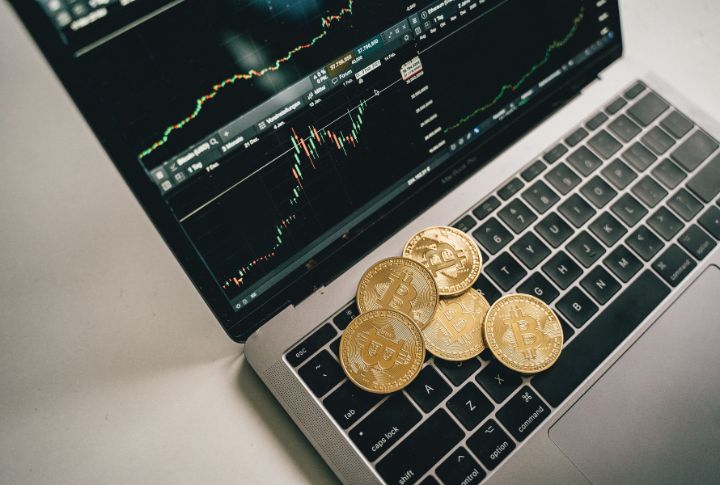
nvesting isn’t only for Wall Street pros—sometimes it’s grandparents with sharp instincts who struck gold on stocks priced like pocket change. What started as small investments turned into impressive fortunes over time. Here are ten stocks they bought for pennies, now standing as powerful wealth-generating giants.
Apple Inc.

Apple’s journey started in 1980 with shares priced at just $22 and a team of passionate tech rebels, including Steve Jobs. It wasn’t yet the tech behemoth we know today. Fast-forward through the iPhone era, that small $22 investment has exploded into thousands—even after stock splits.
Microsoft Corporation

Microsoft’s 1986 IPO came in at a cool $21 per share. At the time, personal computers were a novelty. But Bill Gates’ software made PCs usable for the masses, eventually running almost every office and school computer around. With a share price that’s climbed consistently, early Microsoft stock has rewarded investors beyond their wildest dreams.
Amazon.com Inc.

When Amazon launched its IPO in 1997, it was just an online bookstore trying to turn a profit in a skeptical market. Shares were priced at a modest $18 each, and Jeff Bezos was convincing investors that online shopping was the future. Now, Amazon is the everything store, touching almost every industry from groceries to cloud computing.
NVIDIA Corporation

In 1999, NVIDIA went public at just $12 a share, focused on creating graphics processing units (GPUs) for gaming. Little did early investors know that these GPUs would later fuel advancements in AI, data science, and even self-driving cars. Anyone with grandparents who dabbled in tech stocks might now have some very valuable “game points” to cash in on.
Berkshire Hathaway Inc.

Back in the early 1960s, Berkshire Hathaway was a struggling textile company. Shares were just over $7 each, and the future didn’t look bright—until Warren Buffett came along. He transformed the company from its humble beginnings, creating a diversified holding empire. Today, one share of Berkshire Hathaway is valued at over $500,000.
Alphabet Inc. (Google)

When Google’s IPO launched in 2004 at $85 per share, few could have predicted the colossal impact it would have on the internet—and the world. Beyond search, Google branched out into email, mobile, and even AI. Early shareholders saw their investments grow exponentially, especially after stock splits.
IBM

From punch card machines to mainframes and personal computers, IBM helped shape the modern tech world. Over the years, a single share has multiplied through stock splits, creating vast wealth for patient investors. So, if your grandparents were early adopters of tech stocks, they might now own a slice of computing history.
McDonald’s Corporation

In 1965, McDonald’s was just starting to make waves, selling shares at a modest $22 each. It was a simpler time of burgers, fries, and milkshakes—but that little investment has since become a golden ticket. A small stake in burgers and fries became a golden ticket, helping McDonald’s grow into a worldwide phenomenon.
Tesla Inc.

Tesla’s 2010 IPO had folks scratching their heads—an electric car company? Really? Back then, those shares rolled out at a humble $17, and skeptics weren’t exactly lining up. But fast-forward, and Elon Musk’s wild vision has turned Tesla into a global superstar. Those modest $17 investments? They’re now worth thousands after a few splits.
Coca-Cola Company

Coca-Cola went public in 1919, with initial shares priced differently than today’s value due to multiple stock splits over the years. Early investors who paid an adjusted equivalent of $40 per share have seen their investments multiply significantly. Since then, Coca-Cola has grown from a soda company to a cultural icon with a global reach.
